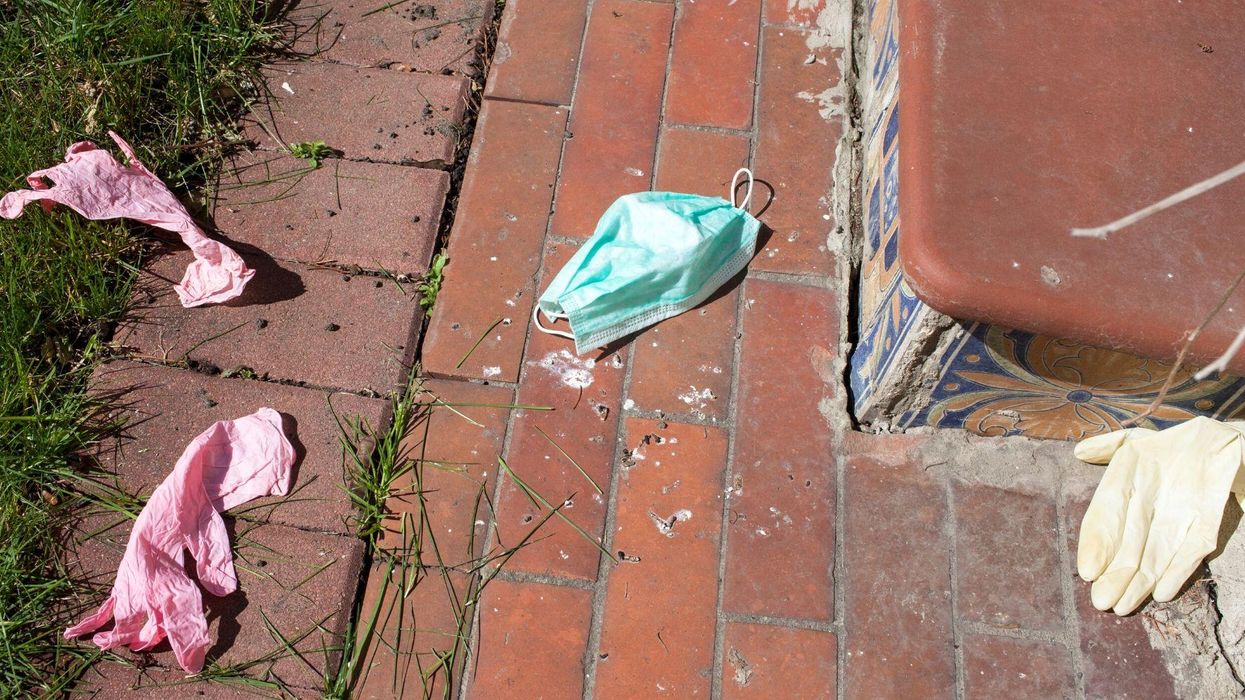News
Isobel van Hagen
May 04, 2020

MagMos
While coronavirus lockdowns have had a positive impact on the environment, it is also causing a large uptick in plastic waste.
Yes, months-long global lockdowns have meant cleaner air, cleaner water, as well as animals returning to their natural habitats.
That said, “the Covid-19 crisis has spurred a rapid expansion in the production of desperately-needed plastic products,” according to CNN, including surgical masks, gloves, protective equipment, and body bags.
While these production ramp-ups are necessary, all this plastic ends up discarded somewhere. Some personal protective equipment even ends up just tossed on the ground.
"We know that plastic pollution is a global problem — it existed before the pandemic," Nick Mallos of US-based NGO Ocean Conservancy told CNN. "But we've seen a lot of industry efforts to roll back some of the great progress that's been made."
"We need to be quite cautious about where we go, post-pandemic," Mallos added.
Meanwhile, China is especially drowning under medical waste including face masks and single-use tissues. Single-use medical items that have been in contact with infected patients must be burned to prevent further contamination that could occur during recycling, according toPolitico.
PPE presents an additional and unique threat to the world’s oceans. John Hocevar, oceans campaign director at Greenpeace USA, told CNN:
The structure of PPE will make it particularly hazardous for marine life.
Gloves, like plastic bags, can appear to be jellyfish or other types of foods for sea turtles, for example. The straps on masks can present entangling hazards.
"It's disappointing that lobbying groups are taking advantage of this climate of fear and uncertainty," Mallos said. "Using this opportunity to sell disposable plastics as the safe option is one of our challenges."
Beyond health equipment, coffee chains like Starbucks have decided to stop accepting reusable cups from its customers — only serving drinks in disposable single-use cups that are not yet recyclable in a bid to prevent the spread of the virus. This has become increasingly common as restaurants and cafes are only open for take-away services, so people are using more disposable containers than ever. Plastic bag bans are also being lifted to help ease public health concerns.
This all presents a tricky problem of course — a catch-22 if you will — but it seems just as crucial to consider the consequences of "necessary" plastic production as much as the importance of the products themselves.
Top 100
The Conversation (0)













